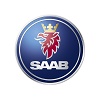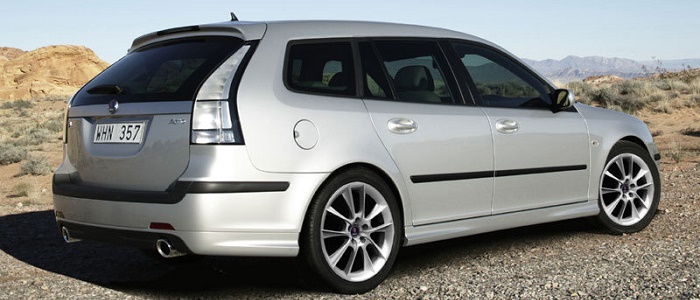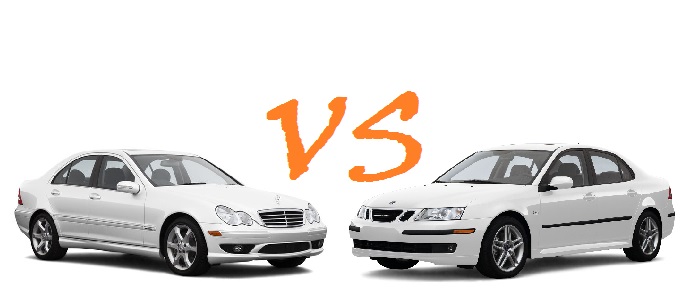





Basic info on SAAB 9-3 Sport Combi 2.2 TiD
The Swedish car was first shown in year 2002 and powered by a 4 - cylinder turbo diesel unit, produced by Opel. The engine offers a displacement of 2.2 litre matched to a front wheel drive system and a manual gearbox with 6 gears. Vehicle in question is a large family car with the top speed of 200km/h, reaching the 100km/h (62mph) mark in 11.5s and consuming around 5.7 liters of fuel every 100 kilometers.
Data

Check vehicle history
Performance
emission
Dcategory
6 gears
average
5.7l/100km
Pros & Cons compared to direct rivals
Safety results for SAAB 9-3

Related articles
I'm unsure whether it's the same taxi driver that hunts me all the time, or there are so many of them operating the C class 200/220 CDI variants. Either way, every time the story goes in the same direction. Usually, it's me thrilled by the comfort of a Mercedes more than 10 years old...
Other cars that might interest you...
acceleration
faster
consumption
equal
power
higher
length
shorter
weight
lower
fuel tank
larger
boot
larger
boot ext.
smaller
price
equal
acceleration
faster
consumption
higher
power
lower
length
shorter
weight
lower
fuel tank
larger
boot
larger
boot ext.
larger
price
lower
acceleration
slower
consumption
higher
power
lower
length
shorter
weight
lower
fuel tank
equal
boot
equal
boot ext.
equal
price
lower
acceleration
slower
consumption
higher
power
equal
length
longer
weight
higher
fuel tank
larger
boot
larger
boot ext.
larger
price
lower
acceleration
slower
consumption
higher
power
higher
length
longer
weight
higher
fuel tank
larger
boot
larger
boot ext.
larger
price
higher














